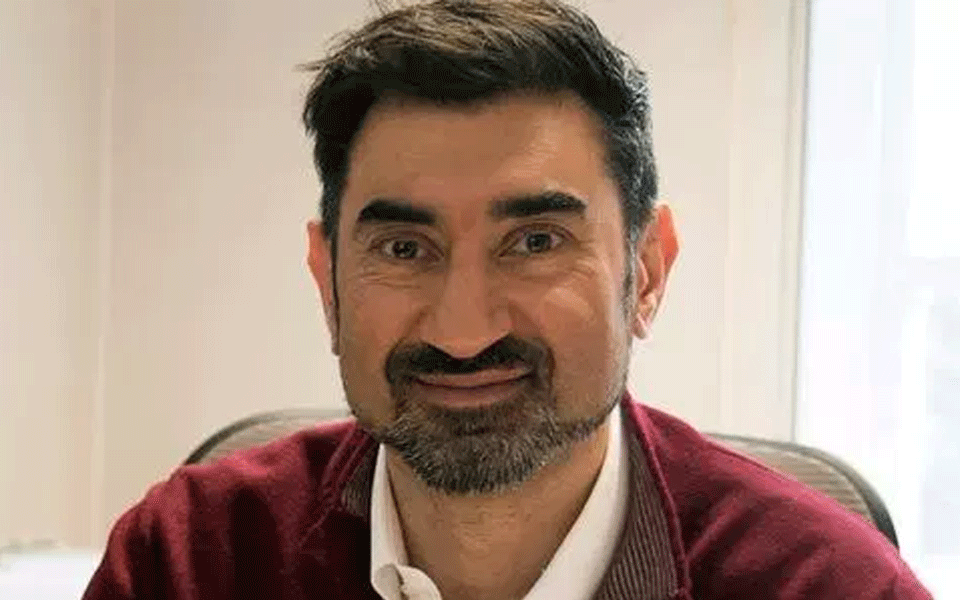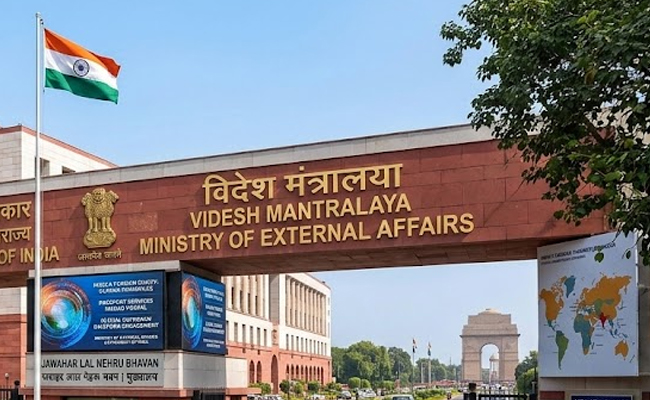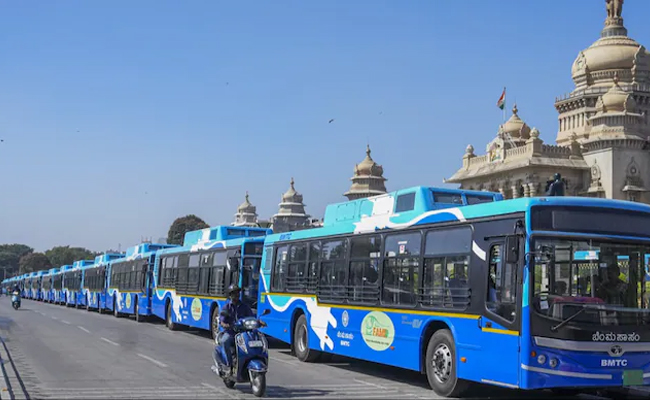Islamabad, Sep 8: London-based economist Imran Rasul became the second member of Prime Minister Imran Khan's Economic Advisory Council (EAC) to resign after Atif Mian stepped down from the body following a backlash in Pakistan over his Ahmadi faith.
"With a heavy heart, I have resigned from the EAC this (Saturday) morning," Rasul, a professor of economics at University College London (UCL), tweeted.
"The circumstances in which Atif was asked to step down are ones I profoundly disagree with," Rasul said in a series of tweets.
His resignation comes a day after two prominent Pakistani economists resigned from the EAC after the Pakistan Tehreek-e-Insaf (PTI) government asked one of them to step down.
Atif Mian, a professor at Princeton University and Woodrow Wilson School of Public Policy, had said he was resigning because the government was facing pressure regarding his appointment.
Terming the reasons for Atif's removal and subsequent resignation as "irrelevant factors", Rasul expressed his disappointment and said it would be hard to replace the Princeton economist.
Commenting on the formation of the economic body, Rasul said the body offered a great opportunity for better economic policies but "events these past 10 days have shown the best and worst of Pakistani politics at the moment".
On Thursday, protesting the government's decision to withdraw the nomination of Atif Mian on the EAC, celebrated economist Asim Ijaz Khwaja resigned from the newly-formed body, saying "being a Muslim I can't justify this".
Khwaja - who was one of the initial 18 members of the EAC that Mian was part of - announced his decision on Twitter shortly after news spread that Mian was not part of the EAC.
The first meeting of the recently reconstituted EAC was presided over by Prime Minister Imran Khan. With the resignation of Rasul, all three international economists of Pakistani origin on the council are no longer part of the advisory body.
Let the Truth be known. If you read VB and like VB, please be a VB Supporter and Help us deliver the Truth to one and all.
New Delhi (PTI): The Ministry of External Affairs (MEA) has set up a control room to assist those affected by the escalating crisis in West Asia.
The MEA has said almost one crore Indian citizens live in West Asia and their safety and well-being is of "utmost priority" for New Delhi.
As the Iran-US conflict widened, the Indian embassy in Iran moved hundreds of Indian students from the Iranian capital of Tehran to safer locations.
"A Control Room has been set up in the Ministry of External Affairs in view of the current situation in West Asia and the Gulf region," the MEA said on Wednesday.
"The Control Room can be contacted from 9 am to 9 pm at: 1800118797 (Toll Free) +91 11 2301 2113, +91 11 2301 4104, +91 11 2301 7905," it added.
The US launched military strikes on Iran on February 28, killing Iranian Supreme leader Ali Khamenei.
Following the military offensive, Iran has carried out a wave of attacks mainly targeting Israel and American military bases in several Gulf countries, including the UAE, Bahrain, Kuwait, Jordan and Saudi Arabia.
The MEA on Tuesday noted that almost one crore Indian citizens live and work in the Gulf region, and their "safety and well-being is of utmost priority."
"We cannot be impervious to any development that negatively affects them," it said.
The MEA said New Delhi will continue to closely monitor the evolving situation and take relevant decisions in the national interest, adding it is in touch with the governments in the region as well as other key partners.
A Special Control Room has been set up in the Ministry of External Affairs in view of the current situation in West Asia and the Gulf region. Details are as below ⬇️
— Randhir Jaiswal (@MEAIndia) March 4, 2026
🔗 https://t.co/nK3d6SY9Pa pic.twitter.com/v2EhUI5B1x




